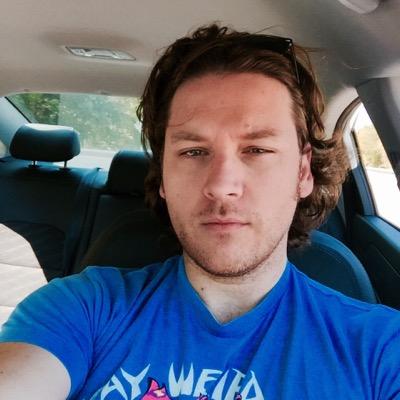Students
Criminalizing Childhood: School Safety Measures Aren’t Making the Schools Any Safer
Every day in communities across the United States, children and adolescents spend the majority of their waking hours in schools that have increasingly come to resemble places of detention more than places of learning. From metal detectors to drug tests, from increased policing to all-seeing electronic surveillance, the public schools of the twenty-first century reflect a society that has become fixated on crime, security and violence.
Bizarre Israeli Analyses of Syrian Curriculum Circulate in the Middle East
My friend, a senior UN official based in Amman, Jordan, recently received a newsletter from an Israeli institution – “IMPACT-se”. Their report was called, ‘modestly’, “Reformulating School Textbooks During the Civil War”.
It is full of analyses of the Syrian curriculum.
Interesting stuff, without any doubt: Manipulative, negative, but interesting. It made it to many other places in the Middle East; to Lebanon, for instance, where even the word “Israel” is hardly ever pronounced.
Education and the Mental Health Epidemic
Across the western world June is exam time; in Britain, written tests taken in halls of silence and tension have triggered a mini-epidemic of anxiety rooted conditions. Pupils have reported mental exhaustion, panic attacks, crying, nosebleeds, sleepless nights, hair loss and outbreaks of acne.
The Death of Radicality
For the majority of young Americans, progressivism has taken on a uniquely bourgeois focus that detracts from any radical thought. Historical movements for change, such as anti-imperialism or racial justice, have been either discarded or fronted in the perspective of individual “wokeness”; student political radicality has been overtaken by the radical chic.
Neo-Liberal Academia and the Death of Education
Recent cases of personal information collecting for corporate interests highlight the urgency of revisiting the topic of higher education in its connection with the corporate sector and the government. We ought to reconsider at least some aspects of the complex web of the contemporary “education industry” and its social implications. Understanding how contemporary (Western) education works (or doesn’t work) can contribute to raising the awareness of the general population as to the scale of the problem, and making a change, no matter how small.
I Went to Flagstaff for a Commencement
What is explained can be denied but what is felt cannot be forgotten.
— Charles Bowden
Role Of Youth In The Coming Transformation
The eruption of youth protests over gun violence in schools and other issues is another indicator that the 2020s could be a decade of transformation where people demand economic, racial and environmental justice as well as peace. Students who are in their teens now will be in their twenties then. They will have experience in how protests can change political culture.
A Few Thoughts on the “March for Our Lives”
In yesterday’s New York Times, regular op-ed contributor David Brooks heaped effusive praise on last Saturday’s March for Our Lives. Brooks wrote:
I have to say, I loved the gun-control march I observed last Saturday in Washington. The crowd was good-hearted, gracious, diverse and welcoming… Everybody kept underlining their faith in our democratic system, that voting is the way to make change…Of course some of the student speakers were grandiose and pretentious. Most of us were like that when we were 18.
Marching for the Democrats: Another Farce on Washington?
They called in [Roy] Wilkins; they called in [A. Philip] Randolph; they called in these national Negro leaders that you respect and told them, ‘Call it off.’ Kennedy said, ‘Look, you all are letting this thing go too far.’ And Old Tom said, ‘Boss, I can’t stop it, because I didn’t start it.’… And that old shrewd fox, he said, ‘If you all aren’t in it, I’ll put you in it. I’ll put you at the head of it.’…
— Malcolm X on the 1963 “Farce on Washington”)
Pagination
- Previous page
- Page 12
- Next page

